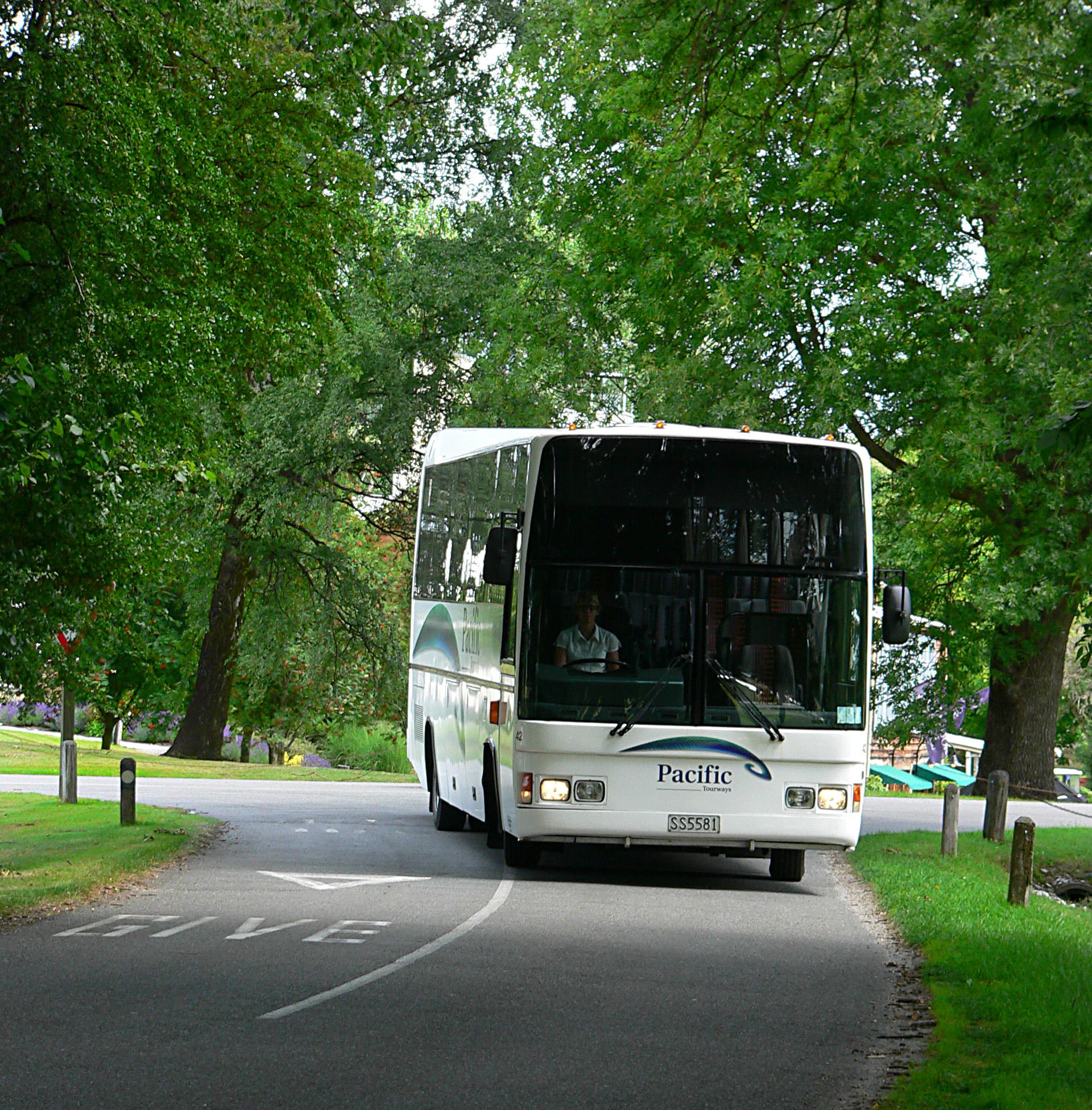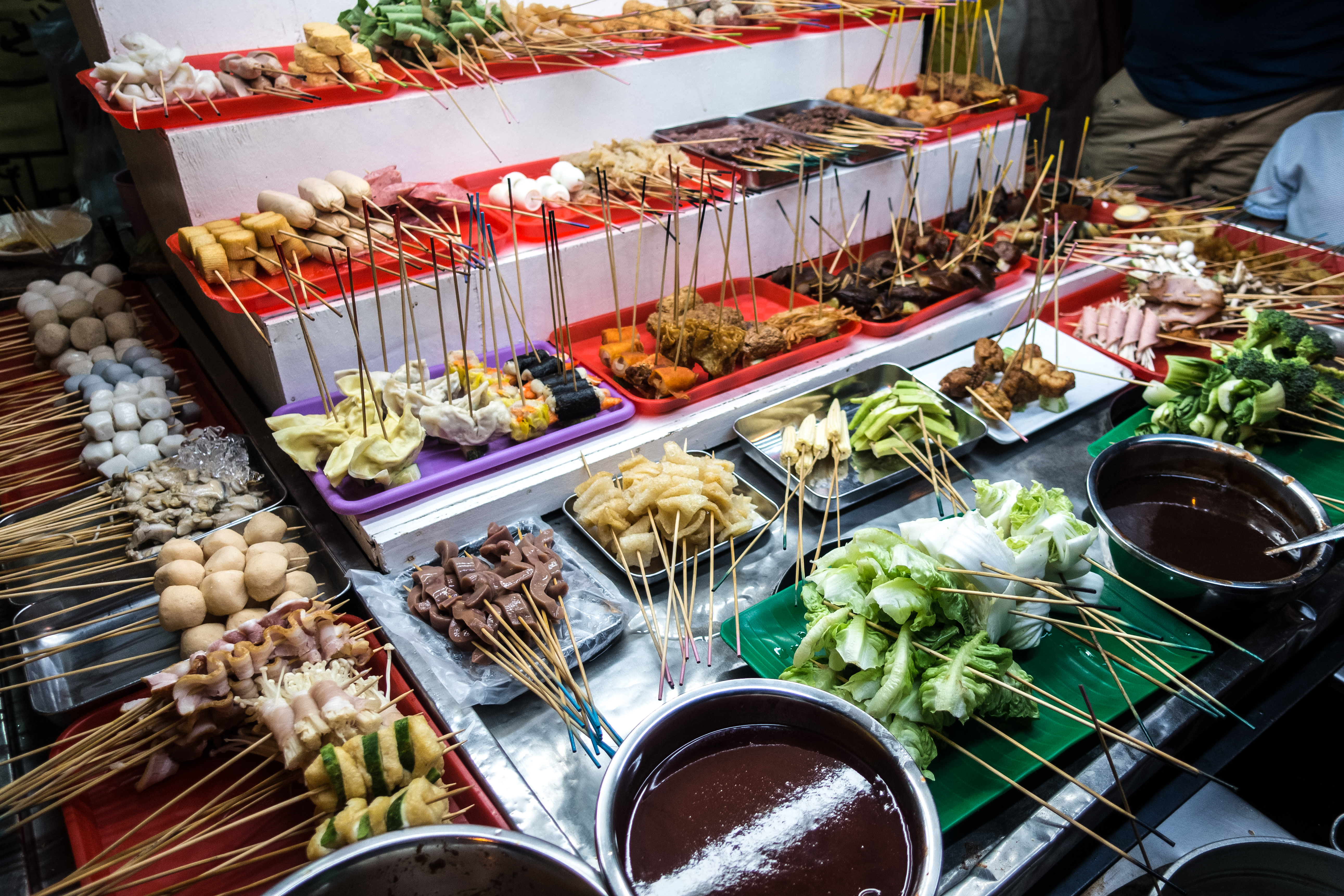What’s the number-one reason to be a sustainable traveler? Your vacation destination is someone’s home. Just like we would treat a friend’s home with respect and care, we should be mindful of a new destination’s traditions and heritage. Instead of simply passing through and leaving behind a wake of disruption, wouldn’t it be great to know that you have left a destination better than when you found it? While it may seem that “sustainable travel” is the latest buzz word in travel, it’s more important than ever as we re-enter that world stage post-pandemic. Let’s look at how you can be a better tourist right now.
Choose Your Destination Wisely.
Some destinations more than others are already hard at work trying to be more sustainable. Look at Costa Rica, for example, where 98 percent of electricity is generated through renewable energy. In Copenhagen, organic farming practices are taking center stage and more than two-thirds of the city’s hotels are considered eco-friendly.
Choose an Eco-Certificated Hotel.

Speaking of eco-friendly hotels, check into the policies that your hotel has in place if it’s claiming to be environmentally aware. Go beyond the label and ask questions, such as,” Where does the kitchen source its produce? Does the hotel partner with local businesses? Do they hire local workers or give back to the community?”
Save the Reefs.
Heading to the tropics? Invest in reef-friendly sunscreen, free of oxybenzone and octinoxate. Travel with eco-friendly soaps and detergents that are bio-degradable and made without nonrenewable, petroleum-based chemicals. And pack reusable containers for your other skincare and haircare products instead of carrying single-use plastics. This being said, as much as possible, use reusable bags and water bottles.
Consider Trains and Buses.

If possible, incorporate train and bus travel into your itinerary instead of flights. Or, if you must fly, try to fly non-stop (takeoffs and landings are the worst for carbon emissions). Another option if you must fly - consider a carbon-offset program such as trees4travel. If you sail, consider supporting an organization like 4ocean.
Respect Local Culture.
Go out of your way to be respectful of local traditions and heritage. Do your research ahead of time so you know how to dress when visiting certain sites and what important dates may fall during your trip (the month of Ramadan, for example). Use special care when visiting important heritage and historical sites, never leaving a trace.
Eat Mindfully.

Visit the local farmers’ markets, dine at farm-to-table restaurants, eat at street carts and trucks - you’ll not only get the freshest, most authentic flavors of the region, but you’ll be supporting the sustainable food industry and small business.
Watch Wildlife Wisely.
If you’re headed on a wildlife safari, do your research and ensure that you are traveling with a reputable outfitter - a company that puts the local habitats and the welfare of the animals first. Ask about the wildlife expert’s training and the company’s wildlife safety and conservation efforts. Remember, too, not to push the limits of wildlife viewing - learn more about the wildlife you’re likely to see and its behavior, and be mindful of your guide’s suggestions and limitations. Do not ask them to go closer when it’s not good for the animals or the environment.
Support Local Business.
This is the best way to say to show your gratitude for being welcomed into a new destination (again, this is someone’s home). When you support local businesses - family-run restaurants and markets, smaller inns instead of big chains hotels, boutique shops instead of mega-malls - you’re directly supporting the people who live here and are impacted by tourism every day.
Walk and Bike When You Can.
Even if you’ve taken the train or bus instead of flying, you can further reduce your carbon emissions by walking and biking for local sightseeing. Take a walking tour instead of a double-decker bus tour in London, or check out the attractions by bike in the cycle-friendly cities of Budapest and Hamburg.
Choose Responsible Tourism Over Voluntourism.
Where we think we want to help is not always where the need is. Instead of paying to work at an orphanage, school or wildlife sanctuary, instead consider investing fairly in the communities you visit. Pay full price, don’t haggle at markets and be generous. If you’d still like to volunteer, work specifically with your travel advisor to find out what is needed and welcomed in a particular community and get the local training necessary.
Inspired to be a more culturally conscious, eco-friendly traveler? Let’s chat. You can sign up to schedule a consultation or sign up for my weekly newsletter for more inspiration.

